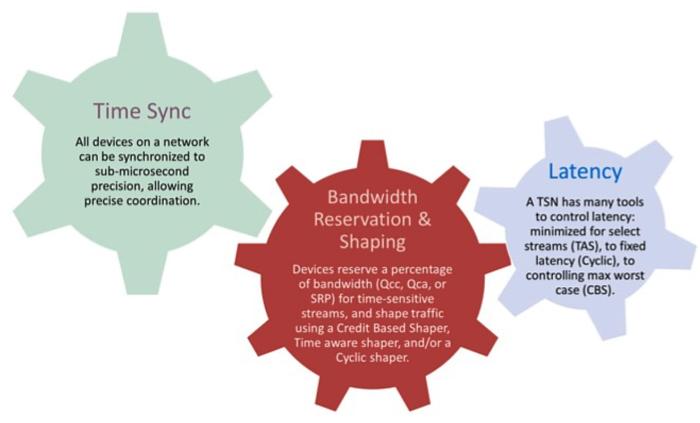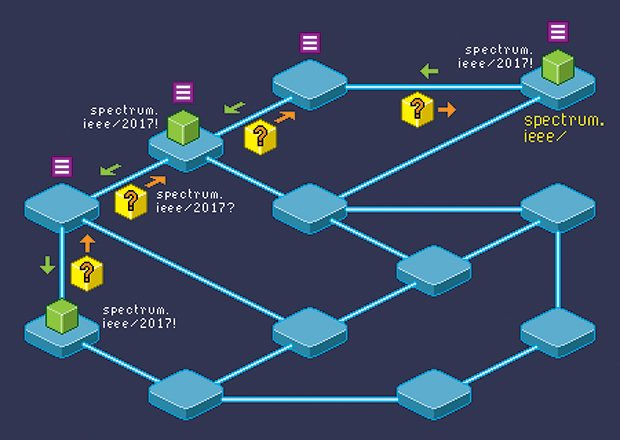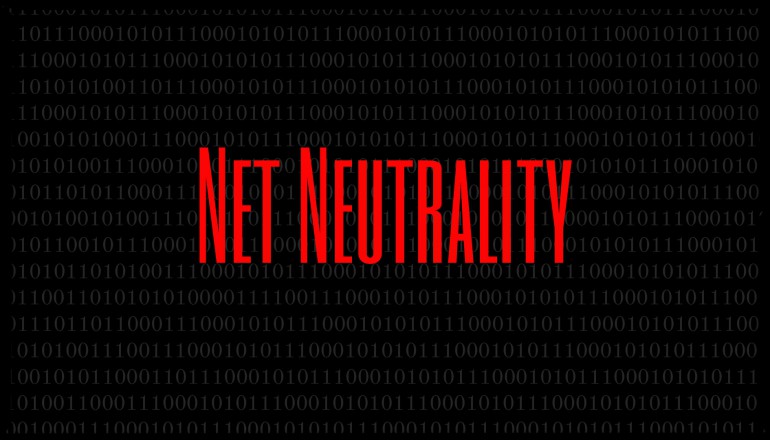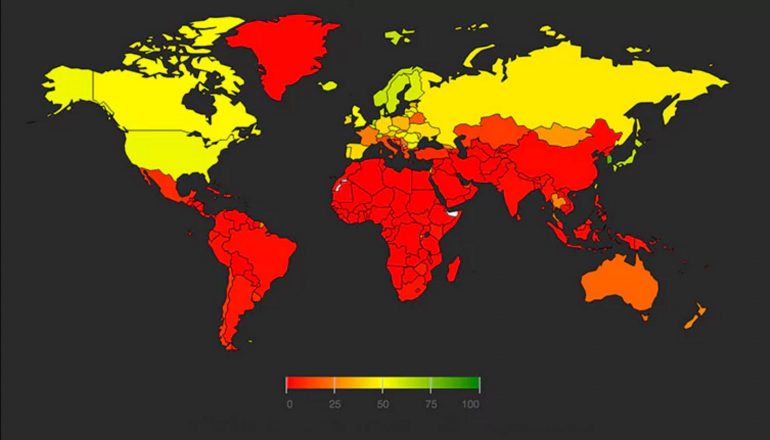FCC Wants to Know if Ernestine Rules the Internet
Broadband ISPs are in the same game as dial-up ISPs: providing customers the ability to access and share information. This is not a complicated issue. Hence, Lily Tomlin’s telephone operator Ernestine is not really part of the picture any more. She was a great lady, but like Manu Ginóbili of the San Antonio Spurs, she’s retired.
Dave Farber on Title II ISP Regulation
The FCC was designed as an independent agency because the public is always biased in favor of the status quo. As Henry Ford may have said about his Model T, the public just wanted faster horses because they were scared of cars.
Making Time-Sensitive Networks Happen
We need the ability to offer virtual services that use software-defined networking to merge and coordinate diverse applications over the common Internet resource pool. But the regulatory problem needs to be solved by Congress and the FCC before the engineering can create real services
Making the Internet of the Future Happen Today
With all the policy controversy around the Internet today it’s useful to take a step back and look at the overall trajectory. While the battles over privacy, security, and the…
Oops, John Oliver Did it Again
Now that we’ve enjoyed the obligatory not-so-funny HBO conspiracy theorist’s take on Title II, serious discussion can recommence. Fly, my pretty policy wonks with all your fancy knowledge of engineering, economics, and law. Make me proud with your wisdom.
Net Neutrality: This Time it’s Different
I read a blog post today that argued the net neutrality fight is one long, uniform battle that’s been going on since 1998, when it was supposedly called “open access”….
Five Myths about Title II and the Internet
Myth #1: Title II is the foundation of the Internet. Fact: Title II didn’t make an appearance on a significant part of the Internet until the Obama FCC’s Open Internet…
Faster Internet up to Web Sites
The ISP can take traffic from a server to a user as fast as the speed of light, but if the web server is underpowered or overloaded with badly written tracking code, the user isn’t going to be happy.










